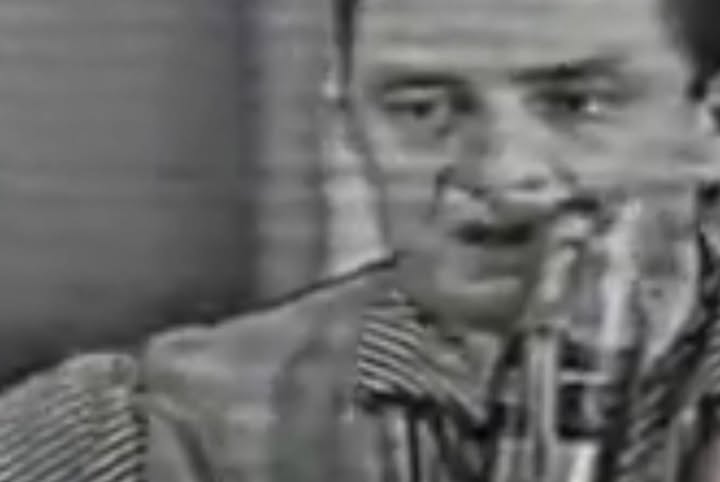Few songs have so powerfully encapsulated the desperation and longing of incarceration as Johnny Cash’s iconic Folsom Prison Blues. Written in 1953 by Cash himself, this song transcends the realm of country music to become a haunting reflection on the human condition, capturing emotions that resonate deeply with audiences across generations.
Johnny Cash’s distinctive gravelly voice, heavy with a world-weary sadness, transports listeners straight into the stark reality of prison life. The opening lines,
“I hear the train a comin’, it’s rollin’ round the bend / And I ain’t seen the sunshine since I don’t know when,”
serve as a vivid portal to the bleak confines of Folsom Prison. Here, the train symbolizes freedom and escape, a stark contrast to the captive reality faced by the narrator. The relentless sound of the train becomes a cruel reminder—freedom is just out of reach.
But Folsom Prison Blues is far more than a simple country lament about lost freedom. It is a brutally honest confession of guilt and consequence—a deeply personal reckoning with the mistakes that led to incarceration. The line,
“I shot a man in Reno just to watch him die,”
delivered without any attempt to soften its chilling nature, confronts the listener with the raw truth of the narrator’s dark past. This courage to honestly express moral failing is a hallmark of Cash’s songwriting and a key ingredient in the song’s enduring power. As music historian Dr. Linda Harper explains,
“Johnny Cash didn’t just sing about crime and punishment—he made us feel the weight of human regret and remorse, and that’s why this song is timeless.”
Yet, within the song’s starkness lies a thread of hope and yearning for redemption. The narrator’s wish to be free from the walls of Folsom Prison pulses through the music. The train whistle is not only a symbol of despair but also of a dream — the hope to move “a little farther down the line / Far from Folsom prison,” where he longs to find a life beyond confinement. This bittersweet desire to escape and the resilience it symbolizes enrich the song’s emotional depth. Former inmate and prison reform advocate James McCall observes,
“The song’s power is in that longing—the human spirit’s refusal to give up, even when trapped in the darkest places.”
For Johnny Cash, Folsom Prison Blues was not only a song but a form of storytelling that illuminated the rugged, often tragic realities of people society had cast aside. The song’s universal themes of guilt, punishment, and hope for freedom continue to captivate listeners across decades. As Cash himself once said during a rare interview,
“This song comes from a place inside many of us—that feeling of being trapped, but still dreaming of the open road.”
Indeed, Folsom Prison Blues remains a timeless classic, a testament to music’s power to transcend genre, time, and circumstance. It’s a raw, unforgettable experience, reminding us all of our innate desire for freedom and the personal battles we face along the way.
Alongside its lyrical poignancy, Folsom Prison Blues features memorable imagery and storytelling techniques. The song opens with its unforgettable lines:
I hear the train a comin’
It’s rolling round the bend
And I ain’t seen the sunshine since I don’t know when
I’m stuck in Folsom prison, and time keeps draggin’ on
But that train keeps a rollin’ on down to San Antone
These words instantly set the scene of isolation and longing. Cash continues,
When I was just a baby my mama told me
“Son, always be a good boy, don’t ever play with guns”
But I shot a man in Reno just to watch him die
When I hear that whistle blowing, I hangVideo
